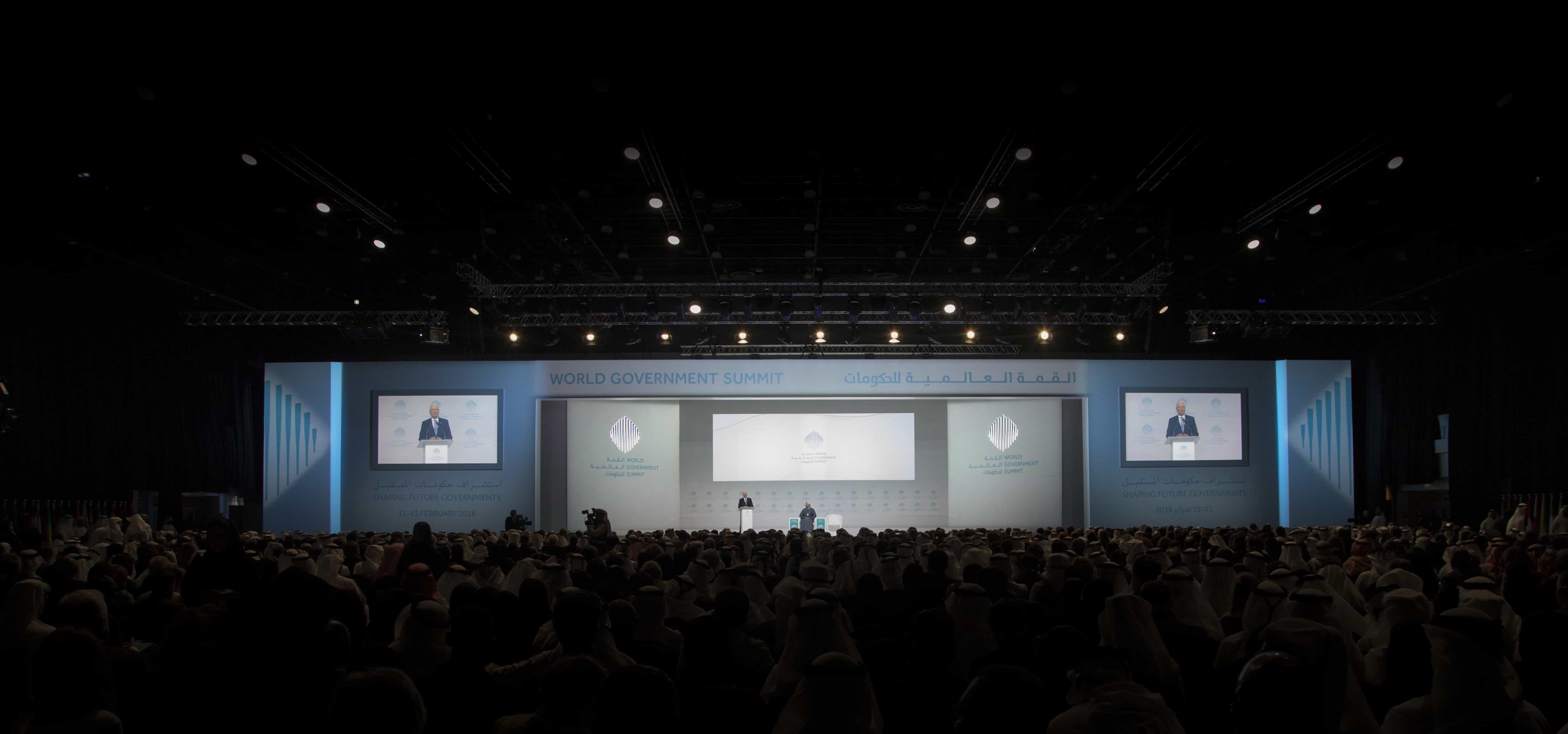
Dr. Aisha Bint Buti Bin Bisher is Director General of the Smart Dubai Office, the government entity entrusted with Dubai’s city-wide smart transformation by His Highness Sheikh Mohammed bin Rashid Al Maktoum, Vice President and Prime Minister of the UAE and Ruler of Dubai.
Dr. Aisha also leads the creation of ‘The Smart City Index’ - the first-ever benchmark for smart city implementation across the globe in cooperation with ITU and the United Nations. As an acclaimed digital transformation and Smart Cities thought leader globally, she represents Smart Dubai in City Protocol Society, Smart City Expo World Congress and GSMA.
In addition to her responsibilities at Smart Dubai Office, Dr. Aisha serves as a member of the World Economic Forum’s Global Future Councils; The Fourth Industrial Revolution’s smart cities readiness index team; and the World Happiness Council where she heads The Council of Happy Cities. She is also a Non-Executive Director at Emaar Properties, and was elevated to its Board in 2017.
The incredible work of. Dr. Aisha is recognized globally. She has received numerous accolades which include, Excellence in Strategic Leadership Award 2017; ‘Outstanding Alumni Award 2017’ from The University of Manchester ME Centre; ‘Woman in Public Sector Award’ from Global Women in Leadership Economic Forum 2015; Community Service Medal 2013; and the Middle East Woman Leader in Corporate Management Excellence 2012. In addition, she has been felicitated by the Swedish Embassy, Trade Council, and Ericsson, in recognition of her role in implementing the Smart City Vision of Dubai’s leadership.
Dr Aisha holds a PhD in Management, Science, Technology and Innovation and an MPhil in Policy and Research on Engineering, Science and Technology from The Manchester Business School. She is also a graduate of the ‘young leaders’ program organized by Sheikh Mohammed Bin Rashid Centre for Leadership Development.
Sessions
This session will explore the opportunities and limitations of blockchain through the lens of a diversity of applications, as well as their implications for fiscal and monetary policy, financial sector regulation, and far-reaching positive public interest. The session will close with concrete and pragmatic considerations for how policy makers, supervisors, and regulators should approach these developments to realize their positive transformative potential and, at the same time, manage evolving risks.